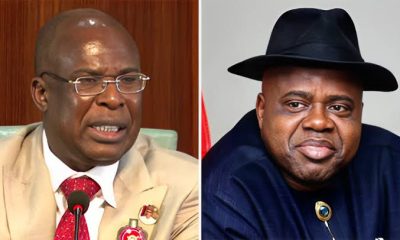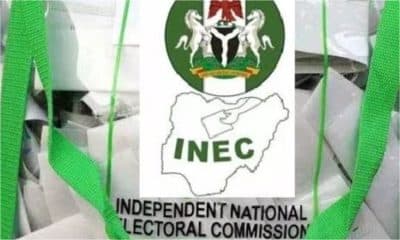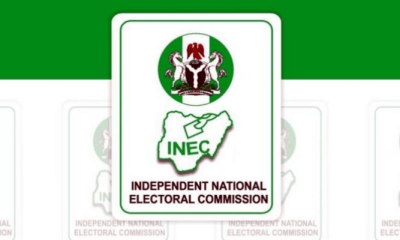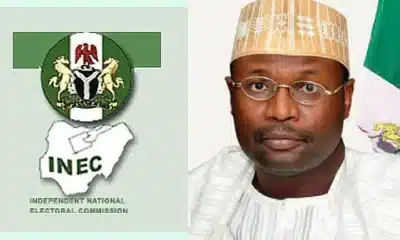Nigeria News
How Fake News, Misinformation, Hate Speech Affect Our Job – INEC

The Independent National Electoral Commission (INEC) has expressed worries over the surge in the rate of fake news, hate speech and misinformation across the country.
Naija News reports that as the commission prepares to hold off-season elections in Imo, Kogi and Bayelsa states, it has raised alarm over how the above elements affect elections generally in Nigeria.
The electoral umpire on Monday said the surge in the rate of fake news, hate speech and misinformation affects the management of elections from its own end because people use those elements to arouse religious and tribal sentiments among electorates.
Speaking at a two-day capacity-building workshop for members of the INEC Press Corps, national commissioner and member of the Information and Voter Education Committee of the Commission, Prof Kunle Ajayi said its experience with fake news, hate speech and misinformation during the 2023 general elections can be distasteful.
He explained that elections-related disinformation has become a major strategy used by nefarious individuals and groups in the political space to manipulate the general public to their advantage, regardless of the consequential effect such propaganda may have on the peace and stability of the electoral process and the country at large.
Ajayi at the workshop themed “Ethical, Safety Practices and Critical Issues Relating to the Kogi, Imo, and Bayelsa Governorship Elections” said: “I would like, at this juncture, to draw the attention of the media to a crucial issue that poses a serious threat to the election process in Nigeria. That is the issue of fake news.
“The Commission’s distasteful experience with fake news in the 2023 General Elections has shown that, if not nipped in the bud, fake news can become the bane of election management in Nigeria.
“The alarming prevalence of misinformation, ‘fake news’, hate speech, and the weaponization of disinformation has become very worrisome to the Commission.
“Disinformation is used to provoke religious, political, and tribal sentiments in an already polarized society such as ours, especially, during election season, which is often the leading cause of electoral violence and uprisings.
“Election-related disinformation has become a major strategy used by nefarious individuals and groups in the political space to manipulate the general public to their advantage, regardless of the consequential effect such propaganda may have on the peace and stability of the electoral process and the country at large.”










